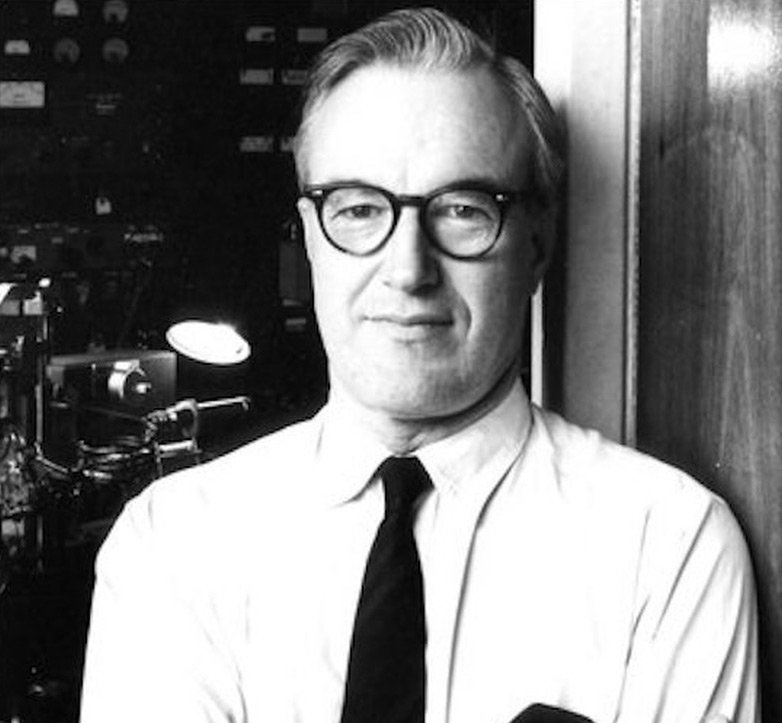When it comes to both brains and brawn, few scientists compare to Britton Chance. The biophysicist – best known for his research of chemical reactions within the body – earned a gold medal for sailing in the 5.5-meter class at the 1952 summer Olympics in Helsinki.
Through his mid-80s, Chance traveled on his 10-speed bicycle to his research lab in Philadelphia, where he worked 12-hour days, six days a week, developing diagnostic tools to detect afflictions like breast cancer.
Early in his career, Chance invented the “stopped-flow apparatus,” used to mimic and measure chemical reactions of enzymes that occur in nature.
Two syringes in the device – one filled with enzymes and the other with an agent called “substrate” – empty simultaneously into a spectrophotometer, where rapid reactions could be studied.
The ability to observe these reactions has helped scientists determine the rate at which enzymes perform, prompting discoveries in bodily functions including metabolism.







